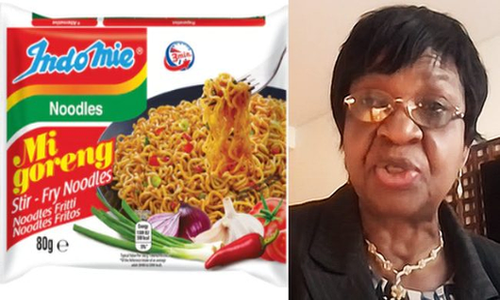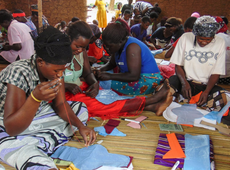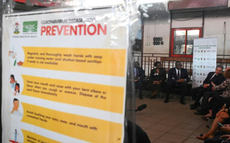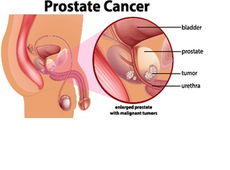NAFDAC: Indomie noodles made in Nigeria safe for human consumption

NAFDAC, the National Agency for Food and Drug Administration and Control, released its results on the presence of ethylene oxide or its metabolite in noodles and their seasonings on Thursday, June 23rd, in Lagos, stating that all noodles in Nigeria are safe.
The Director General of NAFDAC, Prof. Christianah Adeyeye, told media in Lagos that none of the instant noodles and seasonings made in Nigeria contained ethylene oxide or a derivative of it. "Both the heavy metals and mycotoxin levels were below the internationally allowed range. As a result, eating Nigerian noodles is highly safe."
The NAFDAC inquiry was prompted by the recalls of Indomie Instant Noodles 'Special Chicken Flavour' by the Malaysian and Taiwanese Ministries of Health due to the potential presence of ethylene oxide, a substance linked to an elevated risk of cancer.
Samples of chicken-flavoured instant noodles from different brands as well as the spices were obtained from the nation's production facilities, according to Adeyeye. This was done to make sure that, in addition to the accused brand, Indomie, the inquiry was thorough and included other instant noodle brands made in Nigeria. Additionally, the Post-Marketing Surveillance Division visited marketplaces and retail locations in Lagos, Abuja, and Kano's main cities, collecting instant noodle samples for laboratory examination.
The trips to the markets were done to keep an eye out for the Taiwanese and Malaysian unique chicken noodles in the Nigerian market.
The samples were taken from manufacturing and trading facilities, and they were carefully packaged and brought to our central laboratory in Oshodi, Lagos, where analytical activities got started right away using global standards and techniques for analysis.
A total of 114 samples of instant noodles and spices were received, according to Adeyeye, who stated that NAFDAC used the procedure utilizing Gas Chromatography with a Mass Spectrometry detector.
She described the substance of interest as ethylene oxide, an odourless, colourless gas used to sterilize medical equipment that has been linked to cancer.
She explained: "We did not only analyze for ethylene oxide and its derivative 2-chloroethanol in the noodles and seasonings; we also analyzed for other contaminants such as mycotoxins and heavy metals in the samples."
Regarding the delay in the laboratory's analytical activities, she claimed that it was unintentional since they had to submit orders for the importation of certified reference materials (standards), reagents, and chemicals.
Related news

Veteran actor Amaechi Muonagor begs for financial support for a kidney transplant in India

Priced out: The high cost of sanitary pads forces girls to use rags and tissue paper- Patricia






Sexual Intercourse, Not Masturbation Could Help Prevent Prostate Cancer – Expert


More news »
Latest Posts

Top 5 best cheapest and fastest VPS hosting providers

What is remote work? (Meaning, Examples, Type, Pros and Cons)

How to become a professional Writer, (step-by-step guide)

Tips for becoming a successful public speaker, and monetizing your skill

ATBU shut down campuses after students’ protests
More Posts »